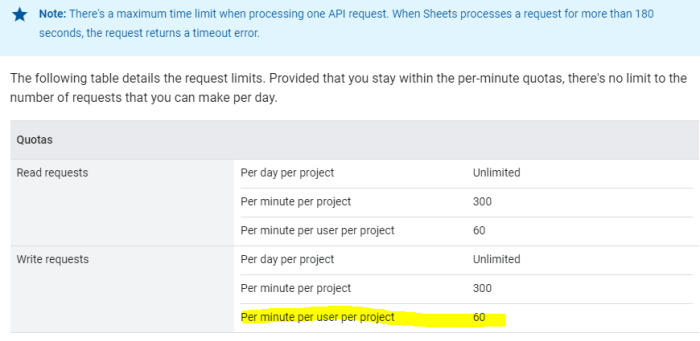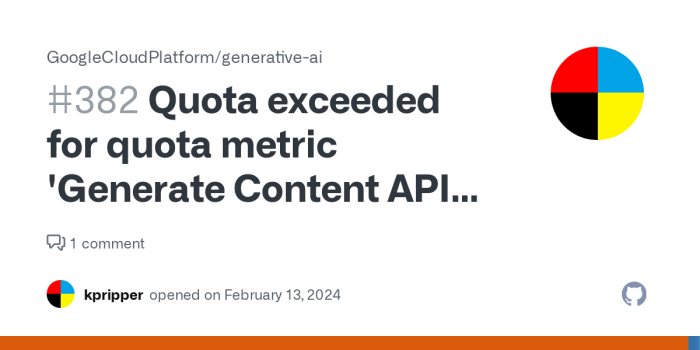Marketing & Promotion of Workshops

Successfully promoting Floor & Decor workshops requires a multi-faceted approach leveraging various marketing channels to reach the target audience effectively. This involves creating compelling marketing materials and implementing a strategic campaign plan.
Marketing Material Design
Effective marketing materials are crucial for attracting participants. Brochures should showcase visually appealing images of past workshops, highlighting completed projects and happy participants. They should also include a clear workshop schedule, a concise description of each workshop’s content, instructor biographies, pricing information, and registration details, possibly including a QR code linking to an online registration form. Social media posts should be concise, visually engaging, and use relevant hashtags to increase visibility. They should include short, captivating videos or images of workshop highlights, testimonials from previous participants, and clear calls to action (e.g., “Register Now!”, “Limited Seats Available”). Consider using carousel posts on platforms like Instagram to showcase multiple aspects of the workshop in a single post. For example, one image could show the instructor, another the materials used, and a third the finished product.
Marketing Channel Comparison
Several marketing channels can effectively reach potential workshop attendees. Social media platforms like Instagram, Facebook, and Pinterest are ideal for visually driven marketing and targeting specific demographics. Email marketing allows for personalized communication and targeted messaging to existing customers and mailing lists. Local partnerships with design firms, home improvement stores, or community centers can expand reach within the geographic area. Paid advertising on social media and search engines (like Google Ads) can accelerate campaign visibility and reach a broader audience. Finally, collaborating with home decor influencers or bloggers can increase brand awareness and credibility. The choice of channels will depend on budget, target audience, and marketing objectives. For instance, a smaller budget might prioritize organic social media marketing and email campaigns, while a larger budget could incorporate paid advertising and influencer collaborations.
Hypothetical Marketing Campaign Plan, Floor and decor workshops
This hypothetical plan Artikels a three-month marketing campaign for Floor & Decor workshops.
Floor and decor workshops – Phase 1: Awareness (Month 1): Focus on building brand awareness and generating interest. This phase utilizes organic social media posts, email marketing to existing customers, and local partnerships to announce the workshops. We’ll create engaging social media content showcasing the benefits of attending and highlighting the expertise of the instructors. Email marketing will feature a special early-bird discount for early registration.
Phase 2: Engagement (Month 2): This phase aims to increase engagement and drive registrations. We’ll launch paid social media advertising targeting specific demographics interested in home improvement and DIY projects. We’ll also run contests and giveaways on social media to incentivize participation and increase brand visibility. Blog posts or articles on the Floor & Decor website can further engage potential attendees by providing valuable information and tips related to the workshop topics.
Floor and Decor workshops often showcase the latest trends in tile design and installation techniques. One particularly eye-catching option frequently featured is the stunning floor and decor ribbon tile , known for its elegant linear patterns. These workshops provide valuable insights into how best to utilize such tiles, ensuring a successful project outcome. Participants gain practical skills applicable to various home improvement projects.
Phase 3: Conversion (Month 3): The focus shifts to converting leads into registrations. We’ll send reminder emails to those who expressed interest but haven’t yet registered. We’ll also run targeted advertising campaigns focusing on those who have interacted with our social media content. We’ll use a combination of retargeting and compelling call-to-actions to drive last-minute registrations. Post-workshop, we’ll send out a satisfaction survey and encourage participants to share their experiences on social media.
Future Trends in Floor & Decor Workshops

The floor and decor industry is constantly evolving, driven by technological advancements, shifting consumer preferences, and a growing emphasis on sustainability. These changes necessitate a dynamic approach to workshop content, ensuring participants receive relevant and up-to-date training. Future workshops must adapt to these trends to remain valuable and engaging for professionals in the field.
The incorporation of emerging technologies and innovative formats will be crucial in shaping the future of floor and decor workshops. This will not only enhance the learning experience but also prepare participants for the evolving demands of the industry.
Sustainable Materials and Practices
The increasing awareness of environmental issues is significantly impacting the floor and decor industry. Consumers are increasingly demanding sustainable and ethically sourced materials. Workshops should therefore incorporate training on identifying and utilizing eco-friendly products, such as reclaimed wood, recycled materials, and sustainably harvested bamboo. Discussions on reducing waste during installation and disposal methods will also be vital. For example, a workshop could feature a case study comparing the environmental impact of different flooring materials, including life cycle assessments and carbon footprint calculations. This practical approach would allow participants to make informed decisions based on sustainability considerations.
Digital Design and Visualization Tools
The use of digital design and visualization tools is rapidly transforming the way floor and decor projects are planned and executed. Workshops should integrate training on software such as AutoCAD, SketchUp, and specialized flooring design programs. Participants would learn how to create realistic 3D renderings, allowing clients to visualize the final product before installation. This would enhance client engagement and reduce the likelihood of costly mistakes. For instance, a workshop module could focus on creating a virtual showroom using 3D modeling software, showcasing different flooring and decor options in realistic settings.
Advanced Installation Techniques
The industry is witnessing advancements in installation techniques, aiming for increased efficiency and improved results. Workshops should include training on the latest methods, such as click-lock flooring systems, self-leveling compounds, and innovative adhesive technologies. These techniques often lead to faster installation times, reduced material waste, and improved durability. A practical demonstration of a new, efficient installation method, compared to a traditional one, would be a valuable addition to a workshop. This could involve a timed comparison showcasing the speed and ease of the newer technique.
Augmented and Virtual Reality Applications
Augmented reality (AR) and virtual reality (VR) technologies offer exciting possibilities for enhancing the workshop experience. AR applications can overlay digital information onto real-world environments, allowing participants to interact with virtual models of flooring and decor products. VR can create immersive simulations of design projects, enabling participants to experience different design choices in a realistic virtual setting. For example, a workshop could use AR to show participants how different flooring materials would look in a specific room, using a tablet or smartphone to overlay the virtual flooring onto the actual room.
Popular Questions: Floor And Decor Workshops
What tools and materials are provided?
Most workshops provide the necessary tools and materials, but it’s always best to check the specific workshop details beforehand.
What is the refund policy?
Refund policies vary depending on the workshop provider and should be clarified during registration.
Are there age restrictions?
Age restrictions depend on the workshop type and content; check individual workshop details.
Can I bring a guest?
Guest policies vary; check with the workshop provider for specific details.
